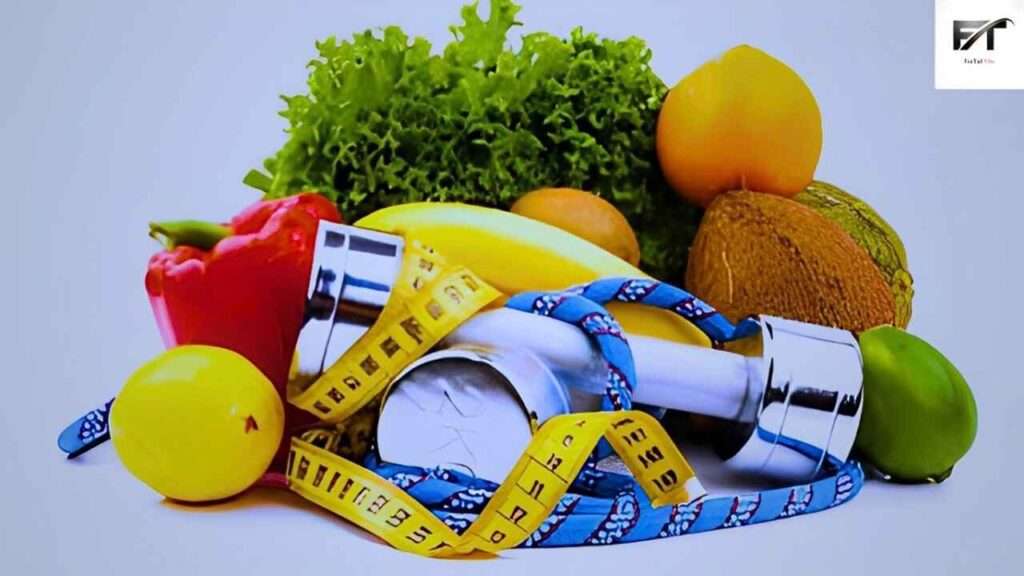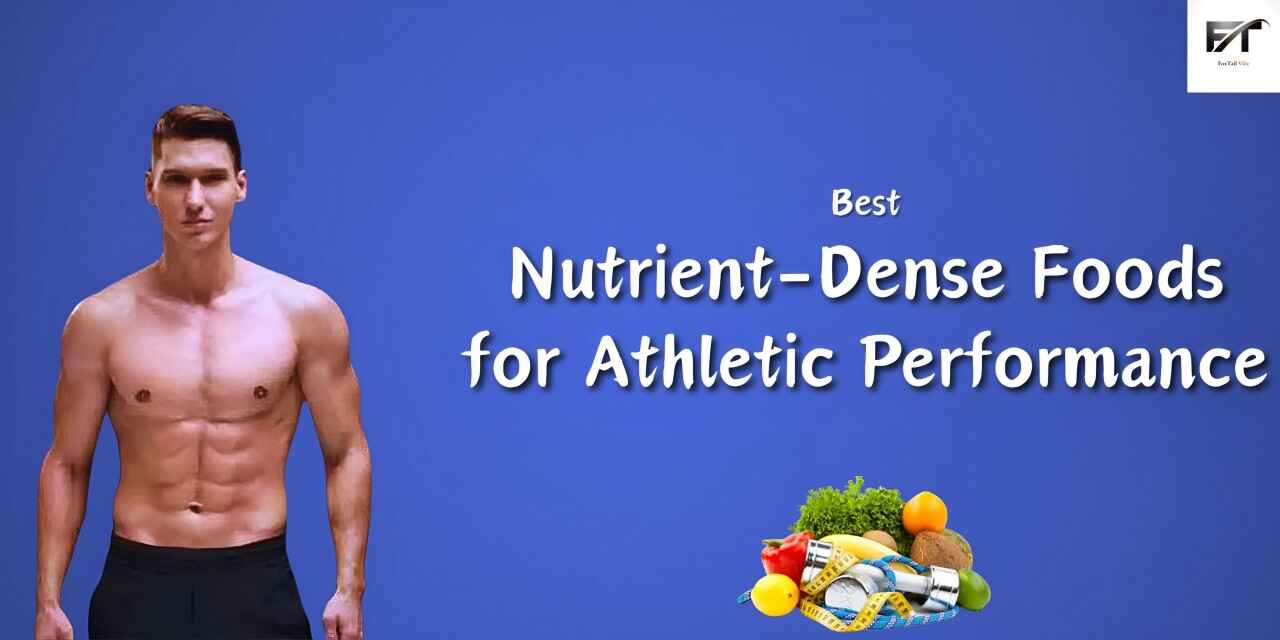When it comes to excelling in sports or physical activities, what you eat plays a crucial role. Fueling your body with the right nutrients can enhance your athletic performance, helping you train harder, recover faster, and ultimately perform better. In this detailed guide, we’ll explore the concept of nutrient-dense foods and how they can benefit athletes of all levels.
Understanding Nutrient-Dense Foods
Nutrient-dense foods are those that provide a high concentration of essential nutrients relative to their calorie content. These foods are packed with vitamins, minerals, protein, healthy fats, and complex carbohydrates, all of which are vital for optimal health and performance. Unlike empty-calorie foods like sugary snacks or processed foods, which offer little nutritional value, nutrient-dense foods nourish your body and support its functions.
The Importance of Nutrient-Dense Foods for Athletes
Athletes have unique nutritional needs due to the increased demands placed on their bodies during training and competition. Consuming nutrient-dense foods helps athletes meet these demands by providing the necessary energy, promoting muscle repair and growth, supporting hydration, and boosting immune function. Additionally, nutrient-dense foods can help athletes maintain a healthy body weight, optimize recovery, and reduce the risk of injury and illness.
Top Nutrient-Dense Foods for Athletes

- Lean Proteins: Protein is essential for muscle repair and growth, making it crucial for athletes. Opt for lean sources of protein such as chicken, turkey, fish, eggs, tofu, and legumes. These foods are rich in amino acids, the building blocks of protein, and provide sustained energy to fuel your workouts.
- Colorful Fruits and Vegetables: Fruits and vegetables are packed with vitamins, minerals, antioxidants, and fiber, making them valuable additions to any athlete’s diet. Aim to include a variety of colorful options such as berries, leafy greens, bell peppers, and sweet potatoes. These foods help reduce inflammation, support immune function, and promote overall health.
- Whole Grains: Complex carbohydrates found in whole grains like oats, quinoa, brown rice, and whole wheat provide sustained energy for endurance activities. Unlike refined grains, which are stripped of nutrients during processing, whole grains retain their fiber, vitamins, and minerals, making them a superior choice for athletes.
- Healthy Fats: Incorporating sources of healthy fats into your diet is essential for maintaining energy levels, supporting hormone production, and reducing inflammation. Choose foods rich in omega-3 fatty acids such as salmon, walnuts, flaxseeds, and avocados. Additionally, include sources of monounsaturated fats like olive oil, nuts, and seeds for heart health and satiety.
- Dairy or Dairy Alternatives: Dairy products like yogurt, milk, and cheese are excellent sources of calcium, protein, and other essential nutrients. For those who are lactose intolerant or prefer plant-based options, alternatives like almond milk, soy milk, and fortified dairy-free products can provide similar benefits.
Incorporating Nutrient-Dense Foods into Your Diet
To maximize the benefits of nutrient-dense foods, it’s important to incorporate them into your meals and snacks consistently. Start by planning balanced meals that include a combination of lean proteins, colorful fruits and vegetables, whole grains, and healthy fats. Experiment with different recipes and cooking methods to keep your meals interesting and flavorful.
Additionally, pay attention to your hydration status and aim to drink plenty of water throughout the day. Proper hydration is essential for regulating body temperature, transporting nutrients, and supporting overall performance. Consider adding electrolyte-rich foods like bananas, oranges, and coconut water to your diet, especially during intense training sessions or competitions.
Conclusion
In conclusion, nutrient-dense foods are essential for enhancing athletic performance and supporting overall health. By fueling your body with high-quality nutrients from lean proteins, colorful fruits and vegetables, whole grains, healthy fats, and dairy or dairy alternatives, you can optimize your energy levels, promote muscle recovery, and reduce the risk of injury and illness. Remember to prioritize balanced meals, stay hydrated, and listen to your body’s hunger and satiety cues to achieve your fitness goals and perform at your best.
Also Read – How To Choose The Best Intermittent Fasting Variation
